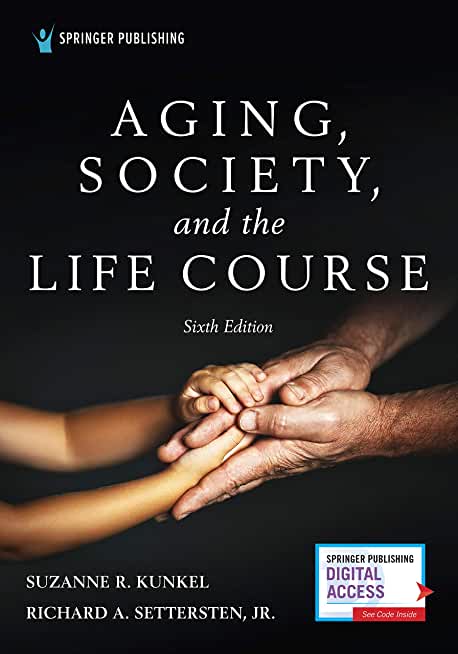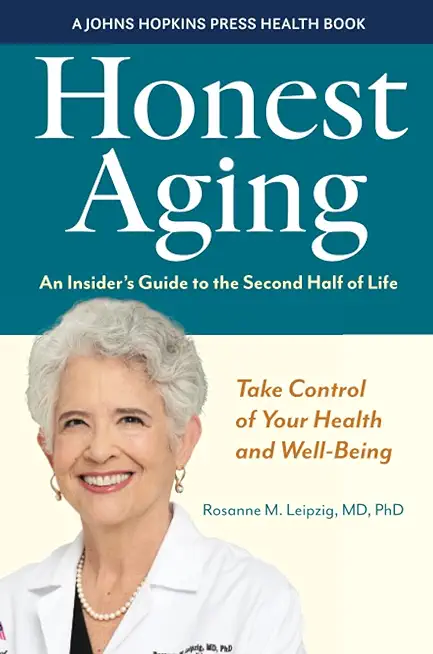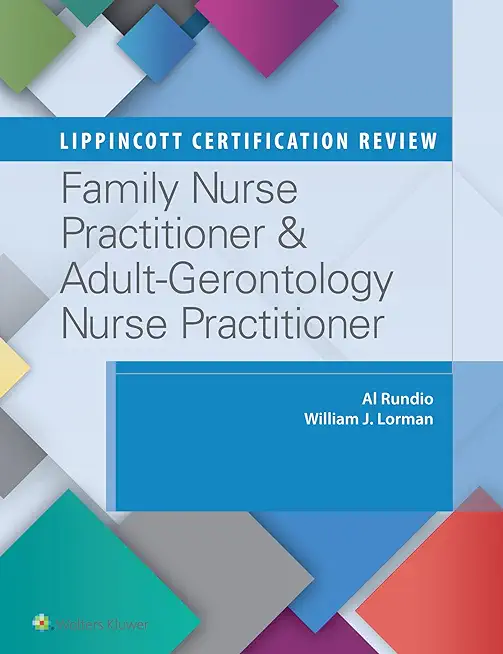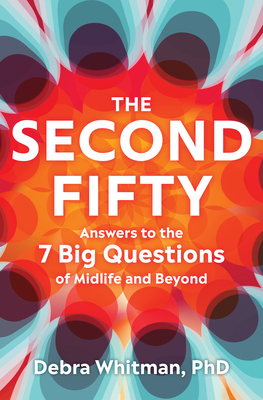
Newly revised and updated, this classic text examines the impact of social forces on the aging process. It considers aging from personal, family, community, societal, and global perspectives. The sixth edition reflects significant changes in the field of social gerontology. It delves deeply into the life course paradigm to demonstrate how aging experiences are shaped by individuals'; pasts and by a sweeping range of social factors. It uses a diversity, equity, and inclusion lens to underscore how social and economic advantages and disadvantages can accumulate with aging. Chapters reflect the richness and complexity of family life, work and retirement, health, and community engagement. The book addresses landmark changes in laws and policies and highlights innovative developments to enhance the independence of elders. It emphasizes what an aging society means for people of all ages and generations, and the causes and consequences of pervasive ageism. Provocative essays explore contemporary ethical, legal, and social issues.
Especially written for courses in social gerontology and sociology of aging, the book is also valuable for curricula in social work, allied health, and the ever-growing range of disciplines and professions that are affected by individual and population aging. The sixth edition offers several new features to enhance the teaching and learning experiences, including Stop and Think boxes to foster curiosity, critical thinking, and personal connections to the ideas; bullet-point summaries to reinforce chapter takeaways; and an updated and expanded Instructor's Manual. Purchase includes digital access for use on most mobile devices or computers.
New to the Sixth Edition:
- Draws attention to the influence of the life course on aging
- Discusses how aging impacts people of all ages and generations
- Explores what the changing behaviors and attitudes of younger cohorts might mean for the future of aging
- Leverages a diversity, equity, and inclusion lens to understand variability and inequality in aging
- Provides updated knowledge about family life, work and retirement, health, community engagement, and ageism
- Highlights landmark changes in laws and policies that affect aging, such as evolving health care policies and laws related to intergenerational obligations
- Describes innovative models and interventions to enhance the independence and integration of elders in their communities
- Incorporates new content and provocative essays on contemporary ethical, legal, and social issues
Key Features:
/p>
- Presents information in straightforward, engaging prose that seamlessly integrates bodies of evidence
- Highlights how aging is often a shared experience resulting from interactions with a complex set of social forces
- Demonstrates how the aging of individuals and entire generations occurs within layers of social context
- Probes causes of variability and inequality in aging across social categories
- Reveals the presence and consequences of ageism for individuals and societies
- Looks in-depth at aging in America with an eye to a global context
- Introduces and applies contemporary theories of aging to specific topics to demonstrate their utility for aging science and practice







